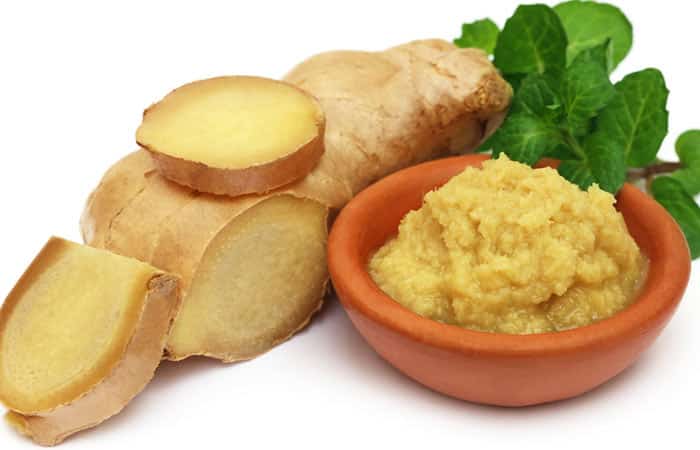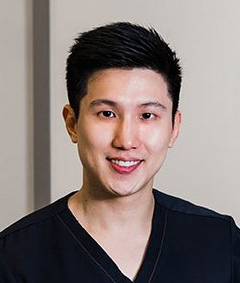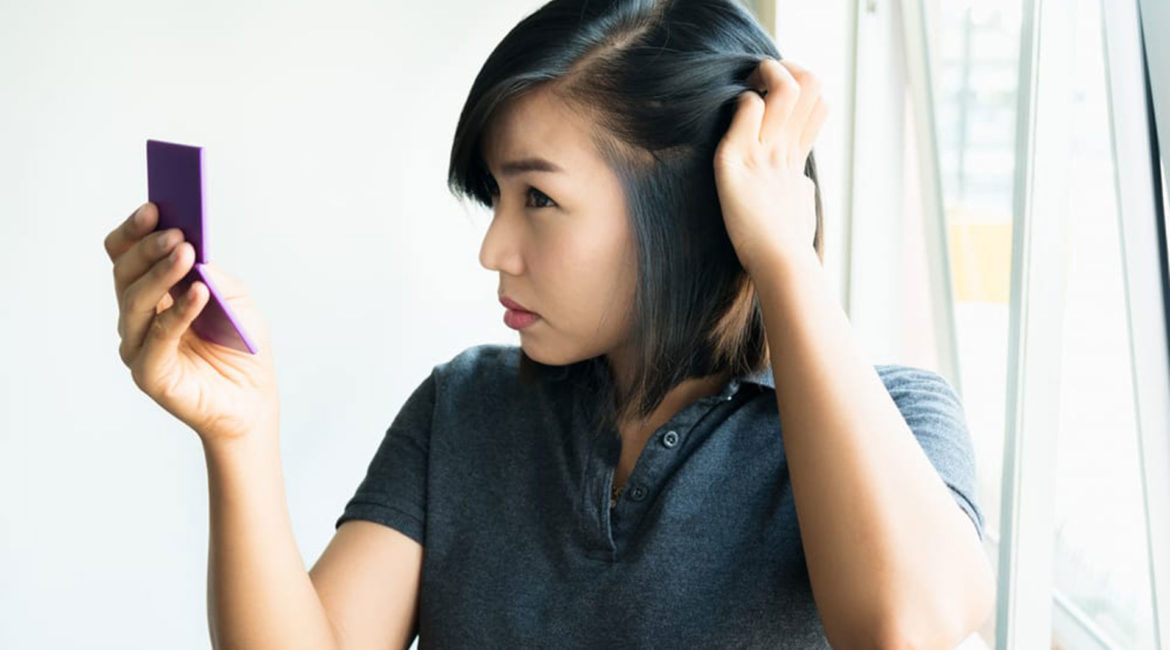Many 30-year-old males and females begin to experience hair loss and hair thinning. While this can be blamed to a number of factors — stress, diet, and genetics — hair loss still lowers one’s confidence.
Contents
Many patients have asked me what are the best hair growth tips, techniques and available hair loss treatments in Singapore and everywhere else. Do home remedies and certain types of food help boost faster hair growth of your follicles?
Of course, there are proven hair loss treatments Singapore-based and all over the world to boost hair like hair care sprays, hair loss medicines and surgical techniques like hair transplant and Regenera Activa micrografting — a safe and effective method.
Food
Apart from hair loss treatments Singapore-wide or globally, you can try some home remedies like ingesting certain food or supplements to help increase hair growth. These are safe for both male and female interested in hair growth.
Onion
Does onion juice for hair loss work?
Because of the high levels of protein, keratin, and dietary sulfur, onion is one of the most recommended natural remedies for hair growth. It helps boost blood circulation in the scalp. The protein and keratin in onions also help strengthen hair strands and reduce breakage or damage. The most straightforward way to use onion for hair growth is by rubbing it to the hair and scalp. When rubbed or applied to the hair and scalp, the onion juice can provide extra sulfur to promote strong, thick hair. This may help prevent hair loss and trigger the hair to grow. The sulfur from onions is also said to stimulate collagen production. Collagen is crucial for healthy hair and skin. A 2002 study attempted to verify the efficacy of the onion juice. The group who washed their hair with onion juice experienced more hair growth than those who did not. Men had benefited more than the women. However, the research was conducted ten years ago and not all subjects completed the test. More research should be initiated to verify if onions are really effective. But many more recent studies and reviews are claiming that onion juice is helpful. One thing to remember that onion juice is not a cure for hair loss conditions like alopecia or pattern baldness. On its own, it is also not a hair loss treatment but a way to help hair growth. Simply put, it can help form new hair, but it’s not advisable for hair loss related diseases and conditions.
What should I know before using onion juice?
Onion juice is safe, but you should not use it if you have allergies to onions. Another thing is that onion juice may be caustic to the skin that may trigger redness and itching. If this too strong for you, you may mix it with aloe vera or coconut oil. This is also not a cure for alopecia or other hair loss issues. This condition can only be remedied by a hair transplant and also baldness.
Ginger
For thousands of years, ginger root has been hailed for its many benefits such as aiding relief from indigestion, nausea and colds. There are also reports that it helps improve brain function and alleviates muscle pain. A more recent finding claims that the superfood is also a good hair growth remedy.

Can Ginger help with hair loss?
There are five benefits of using ginger:
1. Increases Blood Circulation
Because of its warming properties and its ability to help blood circulation, ginger can be helpful in promoting hair growth.
2. Helps Combat Free Radicals
Free radicals can cause damage to the hair and weaken hair follicles. Ginger contains a powerful antioxidant called gingerol which helps neutralize the free radicals that cause breakage and slows down hair growth.
3. Fights Dandruff
Another benefit of ginger is its natural antiseptic and anti-inflammatory properties which assist in cleaning and soothing conditions like dandruff and itchiness. Adding a few drops of ginger essential oil to your favourite shampoo for its anti-dandruff benefits.
4. Reduces Inflammation
Ginger root can be used to treat the types of inflammation that cause hair loss because of its healing properties. The faster inflammation is lessened, the better the hair’s condition will be.
5. Nourishes Hair
Ginger has a lot of hair-healthy minerals and vitamins such as magnesium, phosphorus, potassium and healthy fatty acids which can improve hair’s sheen. To make the most of this root crop powerhouse, you can create a ginger hair mask to moisturize hair strands and absorb its benefits.
How to Increase Hair Growth with Ginger
As a Massage
Scalp massages, if done right can be really helpful in hair growth. You can use ginger to increase the circulatory benefits of a scalp massage for better hair growth with the following method:
- Using a vegetable peeler, remove the skin from the ginger.
- Grate the ginger finely with either a food grater or a food processor.
- Mix the grated ginger with coconut oil. The ideal ratio is one spoon of ginger to two spoons of coconut oil.
- Gently massage mixture into scalp. You might notice a tingling sensation. Leave for about 30 minutes then rinse.
Repeat the treatment once a week for healthy hair growth.
As a Hot Oil Treatment
To create a hot oil treatment that will help nourish the scalp, you can mix ginger with olive oil.
- To make the hot oil treatment, you can mix together two spoons of olive oil with two drops of ginger essential oil.
- Start your application from the root of your hair to the tips. Massage the roots to make sure the entire hair and scalp is covered.
- Cover hair in a shower cap, then wrap head in a hot towel.
- Leave the product on for 30 minutes, then wash hair with a mild shampoo. Repeat washing if the hair is still too oily..
This treatment can be done once a week to moisturize and nourish hair.
Tonics
What is hair tonic?
Hair tonic is an “old school” hair styling product. It makes the hair look glossier (though some say greasier), something which many people viewed as a sign of healthy hair.
How does hair tonic work?
Many different hair tonics throughout the years had claims of preventing damage and even reversing hair loss or aiding in hair growth. However, the original purpose of hair tonics is to hold hair in place like a pomade, wax, or hair gel. Its claim to fame, though is that it can help moisturize and lubricate dry hair and scalp, which can, in turn, reduce damage such as split ends and lessen conditions like dandruff.
How is hair tonic used?
Also known as “friction lotions” because they are used by barber to give clients a head and hair massage, tonics can help stimulate blood circulation to the hair, while the tonic itself moisturizes and conditions the hair and scalp.
Supplements and Vitamins
Another good addition to hair loss treatments Singapore has is vitamins and supplements. While not as certain as procedures like micrografting, they help the body by providing nutrients that can encourage hair growth.
Essential and Carrier Oils
What are essential oils?
Essential oils are concentrated extracts from plants, flowers, resins or barks. It takes hundreds to thousands of raw materials through a method of distillation or evaporation to be able to extract the oils. Apart from having aromatic fragrances, essential oils have been proven to help in a number of ailments. Since early times to present, essential oils served a number of uses in alternative Eastern medicine and homeopathy as well as an alternative ti beauty and personal care products.
One such advantage of essential oils is to assist in hair growth by helping blood circulation, cleaning and clearing dead skin cells helping assist in the general health of the hair or as an alternative hair loss treatment
Coconuts
While coconut oil can moisturize and kill bacteria and fungi on the hair and scalp, it does not necessarily make it a good oil for the hair on its own. Adding essential oils however can make the carrier oil a great moisturizer to the hair and scalp. In fact, it is the most common and one of the cheapest carrier oils that is used to date.
Olive
What are the benefits of using olive oil for hair?
1. Reduces DHT Production
The over-production of the hormone dihydrotestosterone is one of the main causes of hair loss. This hormone attacks the hair follicle and weakens it which will eventually lead to hair loss. Using olive oil regularly can help block the production of DHT and reduce hair fall.
2. Prevents Damage
As mentioned earlier, olive oil is rich in antioxidants that help maintain hair health and stabilize unstable free radicals that cause hair cell damage.
3. Nourishes And Conditions Hair
Olive oil is effective in moisturizing and nourishing hair because of its monounsaturated fatty acids. It also keeps hair conditioned because of its high levels of moisturization.
4. Reduces Breakage
With the help of omega-6 fatty acids, olive oil helps keep the hair strong and healthy and protects the layers keeping it from breaking.
5. Soothes The Scalp
Olive oil also helps an aggravated scalp because of its antibacterial and antifungal properties.
Castor Oil
What is Castor Oil?
Castor oil has been used since the early years for different medicinal and aesthetic purposes. Derived from the Ricinus communis plant, the seeds contain a toxic enzyme, ricin which requires high levels of heat to deactivate before it can be safely used.
How does Castor Oil promote hair growth and thickness?
Due to its antifungal and antibacterial properties, castor oil can be used on the scalp against folliculitis, dandruff, and infections. Its ricinoleic acid properties also help hair growth and blood circulation.
Ricinoleic acid can also help keep a balanced pH level which encourages the body to replenish its natural oils, especially when using harsh shampoo and other hair products that strip the scalp of natural moisture. The oil is also known to help keratin production in the hair.
Argan Oil
Argan oil is one of a number of natural products that people believe can treat hair loss but, sadly, this is untrue. Although argan oil has moisturising properties and is high in vitamin C, which is known to help nourish the skin, these are cosmetic effects. They may help to improve the condition of the existing hair but they do not deal with a hair loss condition.
Other essential oils that promote faster hair growth
1. Lavender Oil
Lavender essential oil is useful in cell regeneration and is famed for its capacity to reduce stress. This can also be applied to hair growth — proof of which is a one animal study conducted on mice, which garnered positive results that the essential oil helped mice generate hair faster. It also has antimicrobial and antibacterial properties, which can improve health.
To use this on hair, you can mix several drops of lavender oil into 3 tablespoons of carrier oil such as castor oil, olive oil or melted coconut oil, then mix well before applying it directly to your scalp. Leave it in for at least 10 minutes before washing it out then rinse off with a gentle shampoo. You can do this several times per week.
2. Horsetail plant oil
Silica in horsetail plant oil is believed to reduce dandruff and strengthen hair. Though no study has been presented about topical use, a 2015 study on women with thinning hair showed positive results when horsetail plant oil is taken orally. However, many claim that it is also effective as a topical treatment because of its capacity to boost blood circulation in the scalp. To use it topically, mix two drops of essential oil to two spoons of carrier oil such as the above-mentioned ones. Massage all over the hair then leave for at least 10 minutes.
Products
Opting for hair loss specific products can also assist in the overall hair loss treatment. However, taking in or applying just hair growth products might not be enough. Pairing effective hair loss treatments with products that help hair grow can double your chances or regaining your desired head of hair.
Shampoo
There are four main categories of shampoos that assist in hair growth:
- increase blood flow;
- anti-inflammatory;
- caffeine based;
- DHT blockers.
Hair needs protein, specifically a fibrous protein called Keratin, which the hair is mostly made of (about 90 percent of hair is made of keratin). The most effective hair products are usually those with a potent level of protein to fortify the outer layer of each hair strand. Another important element in shampoos is Panthenol, which is a form of vitamin B2 that keeps moisture in the hair and head.
Biotin
Is biotin really effective for hair growth?
Biotin helps improve the body’s keratin infrastructure which can help repair damaged hair. While there is little research about the effectiveness of biotin, but many women swear by it.
A 2015 study, with females who have thinning hair, proved positive results for subjects given biotin versus those with placebo. A 2012 study by the same researcher produced similar positive results.
Scalp
Protect your scalp and prevent hair damage by wearing a hat or scarf whenever you get out, especially when the weather is harsh. The sun and dust can take away your hair’s moisture.
You can also prevent hair loss and hair breakage if you don’t brush or comb your wet hair. The hair root is weak when it’s wet, so make sure to dry your hair first before brushing.
Massaging your scalp is also beneficial to improve the blood circulation. You may use the suggested oils to keep the hair roots strong and properly hydrated.
A combination of effective procedures with a number of home remedies and supplements can effectively aid in hair growth and help you get back that nice volume, coverage, and lustre. Regenera Activa is a safe, non-invasive, and effective hair loss treatment Singapore has to offer. Try these tips out and check out our clinic for the best results you can get!





